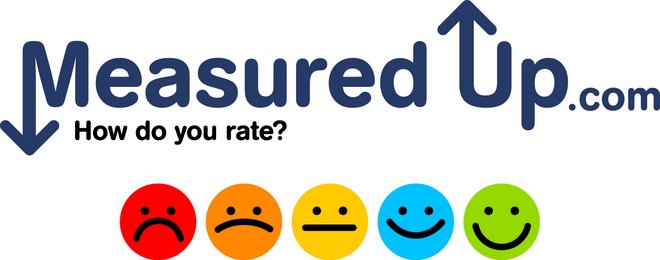| Posted 10d ago | Comment | Recommend | E-mail | Save | Print | |
 |
A: You make a really good point, and I feel your pain, brother! The fact is, for all of us, in this era of increased transparency and viral networking, the stakes have been raised.
Today, between personal websites, the so-called blogosphere, chat boards, instant polls, insta-feedback, and so on, ideas travel seemingly at the speed of light. This is especially true when it comes to problems with, and complaints about, your business. Acting like an analogue player in this digital world is a mistake that can kill your business.
It is indeed true that in the PI era (pre-Internet), reputations and brands were created far more slowly, and unless yours was a national business or product that got national coverage, it was far more difficult to change people's impressions of you one way or the other (tainted Tylenol for example). Today if you blow it, it's not a handful of people who will hear about it, but one or two hundred, or thousand, or. .. .
Yep, the stakes have been raised.
But the reason to handle customer complaints well goes far beyond being slammed in someone's blog. Consider just the financial impact of a single complaint.
I have heard many times that for every one complaint about your business, there are six other customers who are equally unhappy, but who did not complain. So that is seven unhappy people in total. And, according to a study by Technical Assistance Research Programs (TARP), customers with negative experiences of your business likely tell twice as many people than those with positive experiences.
It is estimated that the average disappointed customer tells 9 or 10 people about their bad experience (Note: This represents actual, real-world "gossiping", not online postings). Seven unhappy campers times 9 told friend equals 63 people who will have a negative impression of your business.
How many of those 63 will not patronize your business? A conservative estimate is at least 25%, but probably much more. If your product costs, say, $100, then that single complaint equals at least $1,500 in lost revenue. What does that number equal if the complaint is spread online? Your guess is as good as mine, but it isn't pretty.
The good news here is that plenty can be done to fend-off the real and virtual geometric unhappiness:
•Deal with it. It is also said that of those who do lodge a complaint, fully 70% will do business with you again if you resolve the complaint satisfactorily, and that number jumps to 95% if the happy resolution is prompt.
•Make the customer happy. No, I am not a believer in "the customer is always right" school, because they are not. However, when it comes to complaints, I'm all about extreme customer service. To the extent you can, resolve the matter in the way the customer wants. Not only is this often the right thing to do (after all, people do not normally complain without reason), but it will also prevent the viral negative chain reaction from igniting.
•Have a "no tolerance" policy. Employees who give poor customer service should be gone, period.
•Make sure it is not systemic. The same complaint again and again is a warning sign that you have something amiss.
Finally, one way to avoid complaints altogether is to get customer feedback as often as possible. Honest critiques from people who like your business are invaluable.
Today's tip: Someone once told me that the best piece of business advice he ever received was, "ask them what they want, then give them what they want." In this time when virtual complaints have such potential power, that may be the best policy of them all.
Remember: 95% of unhappy customers will do business with you again if their problems are solved quickly and satisfactorily. The best way to do that is ask them what they want, and then give them what they want.

No comments:
Post a Comment